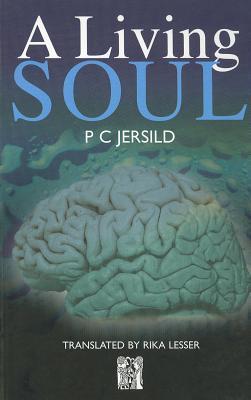
My Ishmael
Book Description
A boy searches for answers in a world spiraling toward chaos. He discovers an extraordinary mentor, a telepathic gorilla named Ishmael, who unlocks the secrets of civilization and challenges everything he thought he knew. As they delve into humanity's past, the stakes rise, exposing profound truths that could transform society—or plunge it deeper into darkness. With each revelation, the boy is torn between the comfort of ignorance and the burden of knowledge. Can he summon the courage to confront the truth and share it with a world that is unwilling to listen? What if the future of humanity rests on his shoulders?
Quick Book Summary
"My Ishmael" by Daniel Quinn follows Julie, a curious teenage girl, as she becomes the latest pupil of the telepathic gorilla Ishmael. Through their profound dialogues, Ishmael challenges Julie—and readers—to question the underlying myths and cultural narratives that shape human society. He traces human civilization's development, contrasting "Taker" and "Leaver" cultures to expose the roots of modern decline, including alienation from nature and environmental degradation. As Julie grapples with revelations about education, society, and personal responsibility, she must decide whether to embrace uncomfortable truths. The novel intertwines philosophy, spirituality, and environmentalism, inviting readers to reconsider the trajectory of humanity—and their own roles in shaping the future.
Summary of Key Ideas
Table of Contents
The Taker and Leaver Paradigm
Julie, an intelligent and determined adolescent, discovers an ad seeking students with a strong desire to save the world. Her curiosity leads her to Ishmael, a telepathic gorilla, who invites her into thoughtful discussions about humanity's past, present, and possible futures. Their conversations blend storytelling, Socratic questioning, and intellectual probing, setting the stage for Julie's journey from passive observer to engaged seeker of truth.
Cultural Myths and Narratives
Ishmael introduces Julie to the distinction between "Taker" and "Leaver" cultures. Takers adhere to the dominant, agricultural-based lifestyle that claims humanity should rule the world, leading to environmental destruction and social alienation. In contrast, Leavers live within the natural order, seeking harmony rather than conquest. Through stories and examples, Ishmael helps Julie recognize how this fundamental worldview shapes contemporary problems—including ecological imbalance and societal unrest.
Education and Socialization
The pair examine the powerful role of cultural myths—unquestioned narratives passed through generations that justify existing social structures. Ishmael prompts Julie to challenge the myth that growth and civilization equate to progress. They critically analyze how these myths are embedded in education, media, and daily life, perpetuating systems that distance humans from nature and their authentic selves.
Personal Responsibility and Action
Education emerges as a central theme, with Ishmael and Julie exploring how schools serve not only to impart information but also to indoctrinate future generations into the "Taker" ideology. Julie grows increasingly aware of the subtle ways institutions shape her worldview, fostering conformity at the expense of critical thought and personal meaning. This realization pushes her to envision alternative models of learning and community.
Civilization's Relationship to Nature
Throughout their journey, Julie faces the burden of knowledge. With newfound understanding comes a sense of personal responsibility: Should she keep the truth to herself or risk societal rejection by sharing Ishmael's revelations? The narrative emphasizes the power and limitations of individual action in the face of vast cultural inertia. By the novel's end, Julie must decide how to carry forward Ishmael's message, aware that the future of humanity may hinge on the courage to question—and to imagine new possibilities.
Download This Summary
Get a free PDF of this summary instantly — no email required.





